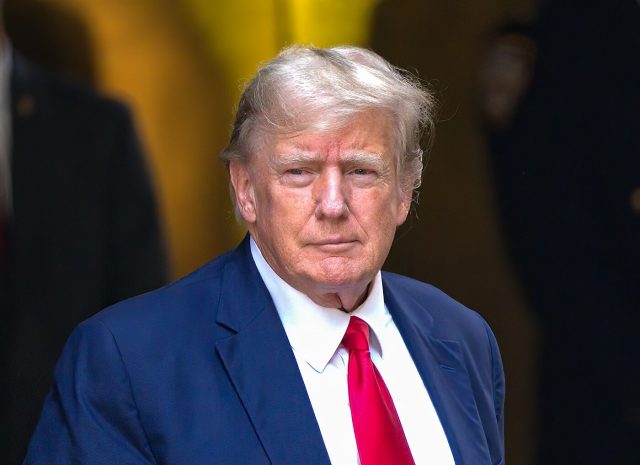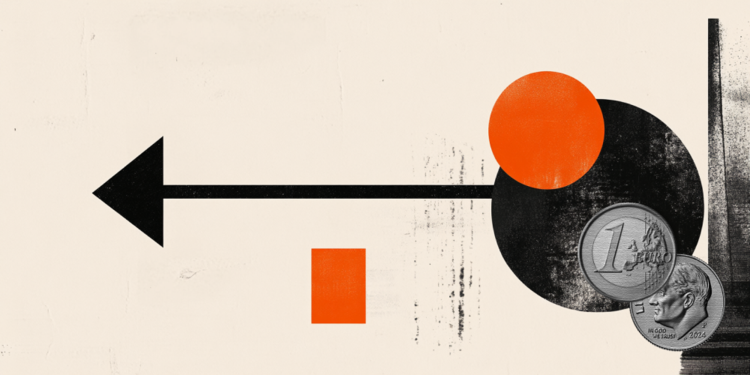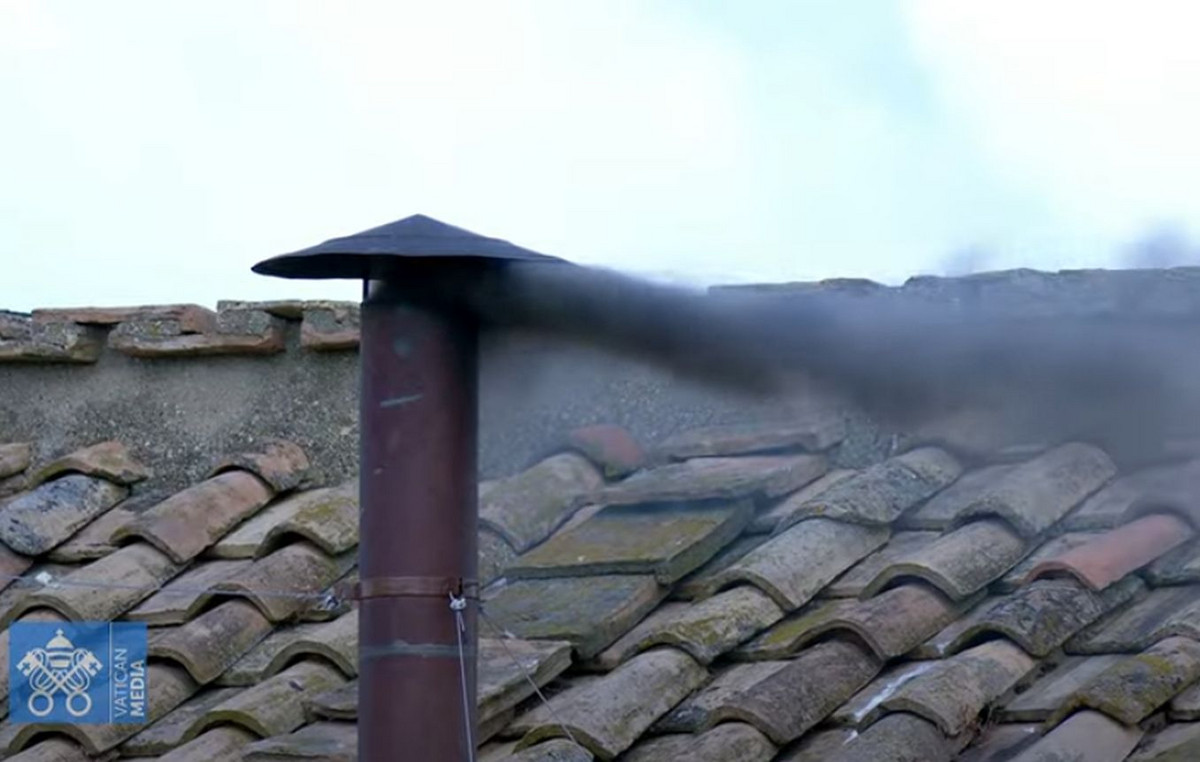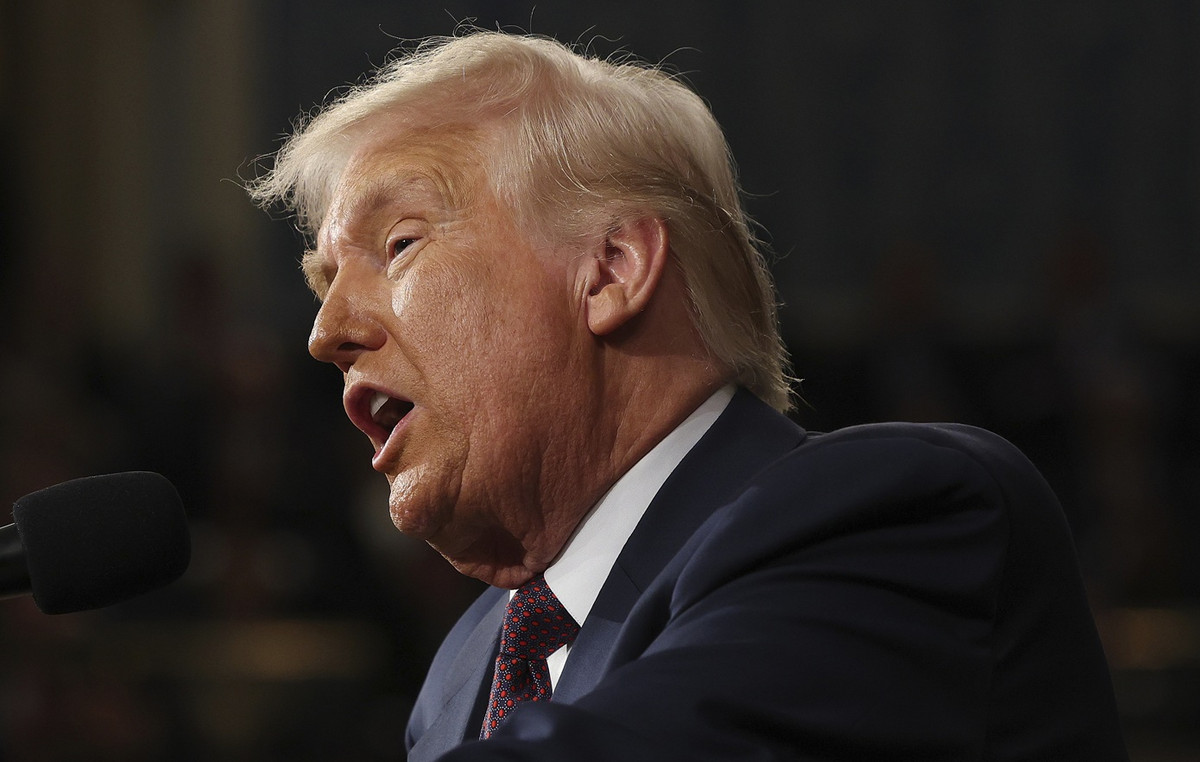The Minister of Health, Marcelo Queiroga, said that a change in the portfolio has begun, which should culminate in the replacement of the Unified Health System (SUS) table with a scoring and award model that promotes competition between hospitals. Queiroga spoke to journalists at an event at the headquarters of the National Institute of Traumatology and Orthopedics in Rio de Janeiro.
“No universal health system like ours uses tables to pay, we have to monitor results and reward value, so these changes are already being made, the president [Jair] Bolsonaro [PL] will surely have the support of the majority of the Brazilian population, as we are already observing, and it will be time to carry out the most structuring reforms of the Brazilian health system”, said the minister.
The SUS table is a system implemented in the early 1990s that provides for a single value per procedure, hospitalization, prosthesis or medication regardless of location in the country. It standardizes the amounts transferred by the federal government to each public or philanthropic health unit to pay that expense.
There is strong criticism, especially from Santas Casas, about the delay in the table and the lack of readjustments. A bladder biopsy, for example, costs BRL 41.68, a spine X-ray costs BRL 9.73, a nasal prosthesis costs BRL 61.19 and a normal delivery BRL 443, 40, according to the values in the SUS table valid for the month of October.
Questioned by CNN if the change would mean dropping the SUS table, Queiroga defended that the states invest more money to pay the system’s bills.
“It’s not a matter of overthrowing it because the SUS table is just a reference to the federal component of payment for production. [Vou] remember that the Ministry of Health takes care of federal resources, the states have to allocate 12% of their resources to health financing, hence the question: do they allocate? If they are allocated, where do we see this?”, he said.
Queiroga also commented on the drop in the polio vaccination rate and the spread of monkeypox.
“What worries me right now, honestly, is polio. Because polio is an eradicated disease, it has been eradicated in Brazil since 1994. We have cases in the United States, in Israel and it can happen here in Brazil,” said Queiroga.
The 2022 National Polio Vaccination Campaign aimed to achieve vaccination coverage of at least 95% of children between 1 and 5 years of age, but reached only 51% of this audience by the end of September.
Regarding the drop in immunization in 2022, Queiroga said that vaccines are still available and made an appeal for fathers and mothers to take their children to vaccinate against the disease. “People are no longer afraid of polio. Young parents don’t know what it is, so they don’t take it to the vaccination room. Second by the pandemic, which generated a very serious problem,” he said.
Regarding monkeypox, the Minister of Health said that cases are decreasing and that the number of deaths is much lower than that of other diseases.
“Monkeypox is an old disease, from the 1970s, endemic in the region of some African countries, which for some reason that we do not know for sure came to the West. […]. But we have a drop in the number of cases, so monkeypox is nowhere near the same as Covid-19,” he said.
Source: CNN Brasil
I am an experienced journalist and writer with a career in the news industry. My focus is on covering Top News stories for World Stock Market, where I provide comprehensive analysis and commentary on markets around the world. I have expertise in writing both long-form articles and shorter pieces that deliver timely, relevant updates to readers.







